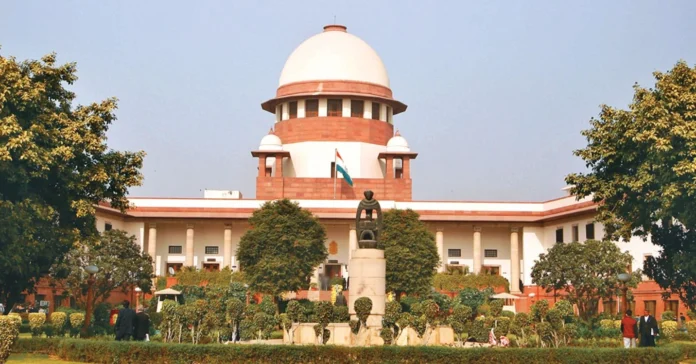In a landmark ruling, the Supreme Court of India has held that lawyers cannot be summoned by investigating agencies merely for the legal advice they render to their clients. Such a step can be taken only in exceptional situations specifically recognized under Section 132 of the Bharatiya Sakshya Adhiniyam, 2023 (BSA).
The Court underscored that the confidentiality of lawyer–client communications is a vital pillar of the justice system. Clients must be able to consult their advocates freely, without fearing that their discussions will later be exposed or used against them. This privilege, the Court said, cannot be diluted except where the law expressly provides. Section 132 of the BSA sets out limited exceptions to this protection—such as when a lawyer’s communication is itself in furtherance of a crime or fraud, or when the advocate becomes aware of such misconduct during the course of professional engagement.
The bench made it clear that any summons issued to a lawyer must explicitly identify which of these exceptions applies. A vague or general summons, it cautioned, would infringe the rights of the accused and run contrary to the statutory protections governing privileged communication. Investigating authorities, therefore, have a duty to exercise great care before calling an advocate for questioning.
This ruling arose from a suo motu case the Supreme Court initiated after reports that the Enforcement Directorate (ED) had summoned senior advocates, including Arvind Datar and Pratap Venugopal, in connection with an investigation into the grant of employee stock options by Care Health Insurance, a subsidiary of Religare Enterprises. The Court found that the summons issued by the ED could potentially breach lawyer–client privilege and thus quashed them.
The Court also provided guidance on how to handle electronic devices belonging to lawyers during investigations. If such devices are seized, they must be presented before the competent trial court and accessed only in the presence of the concerned lawyer and relevant parties. This safeguard, the Court said, is necessary to preserve both confidentiality and due process.
By reinforcing the sanctity of professional privilege, the Supreme Court has drawn a clear line between legitimate investigation and unwarranted intrusion into the lawyer–client relationship. The judgment not only strengthens the rights of accused persons but also protects the independence of the legal profession, ensuring that advocates can discharge their duties without fear or interference.


